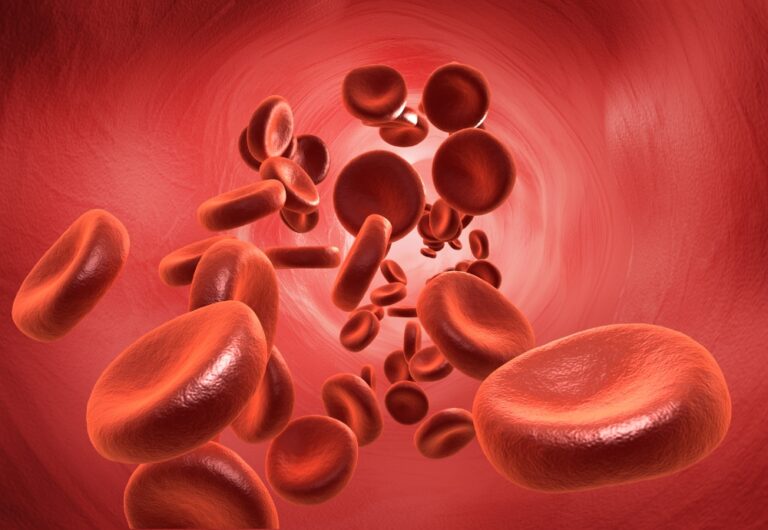As fruitful as genetic research has been in oncology – and will continue to be – it might be that we’re playing to our enemy’s strengths.
Sun Tzu would shudder. For starters, the genetic code of even a single cancer cell is unfathomably complex. Second, not all cancer cells in an individual patient are identical – genetic drift gives rise to subpopulations that behave very differently. Every oncologist has seen mixed responses to treatment: some of a patient’s tumors shrink while others get bigger. There’s a lot of variability even in the same types of cancer. Not all cases of breast cancer, for instance, have the same mutations. And in different cancer types the differences are even more daunting. It’s an infinity of variation, with few common themes. And highly targeted drugs have so far all had the same shortcoming – each one helps only a small minority of patients. It’s like the difference in utility between a screwdriver and one particular socket wrench attachment – the more specific the tool, the more different types of tools you need. But some researchers are looking for the Phillips screw that most cancers have in common. And they think the metabolic processes of cancer cells might be it. Like all living cells, cancer cells require fuel to survive and thrive. And across all cell types in every form of life we know, nature’s come up with very few workable solutions. A relatively few types of molecules can serve as fuel. And there’s a finite number of ways to transform that fuel into energy. Think of automobiles, for instance: though there’ve been countless modifications to the basic engine, it still operates on the principle of internal combustion. Mammalian cells process fuel in two dominant ways: aerobic metabolism (requiring oxygen) and anaerobic metabolism. We’ve known for years that cancer’s glucose metabolism is deranged – popularly over-simplified as “cancer loves sugar”. It tends to favor the highly inefficient anaerobic metabolism. It’s terribly wasteful, and turns caner cells into “sugar hogs” – likely to the detriment of the rest of the organism. But the insight hasn’t yet given us new treatment tactics. See blog: Does sugar cause cancer cells to grow? click here And no, you can’t simply starve the cancer by avoiding dietary sugars. Sorry folks, that’s just a myth. But the metabolic differences across cancer types may be very few. And that might just give us a focused area to attack. Read more about it here: NY Times – An Old Idea, Revived: Starve Cancer to Death







